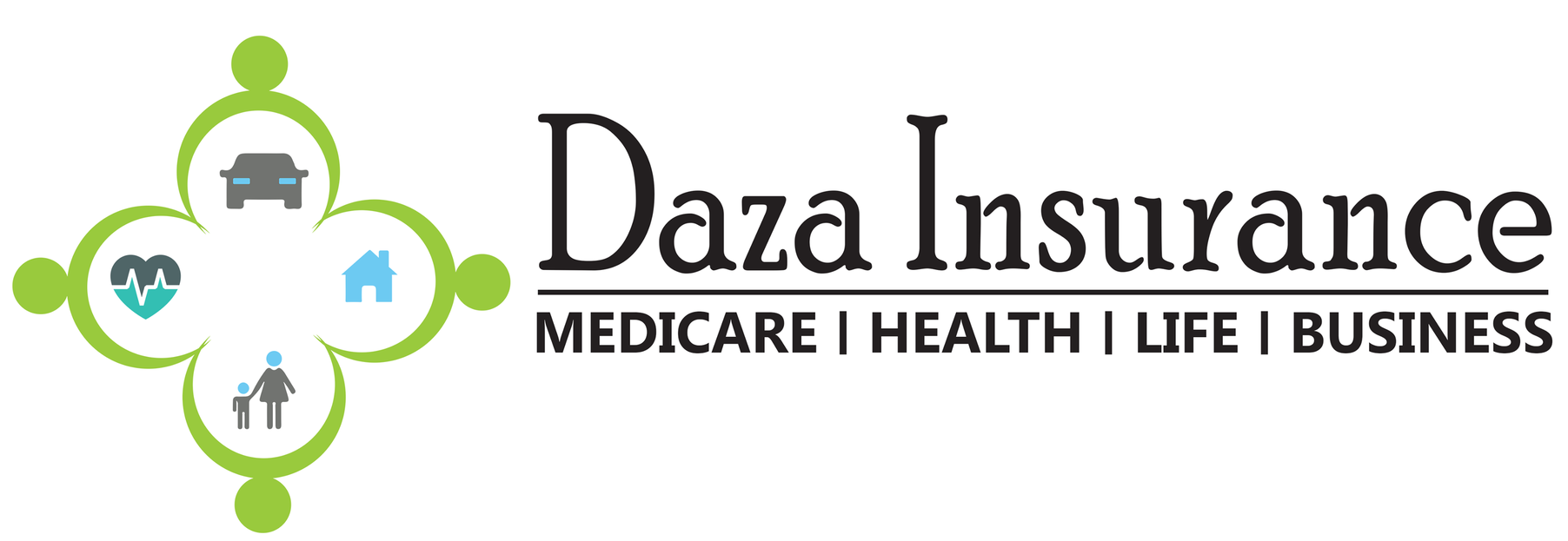HEALTH INSURANCE
Healthier, Wealthier, Happier. We Got You Covered!
Our health insurance plans offer comprehensive coverage, including preventative care, emergency medical services, and financial protection against unexpected medical expenses.



What You Don't Want
Delaying Treatments Due To Financial Inadequacy

Not having health insurance can be emotionally distressing, as individuals may be forced to choose between seeking medical treatment and incurring potentially crippling debt. The stress of financial insecurity and the fear of being unable to afford medical care can lead to anxiety and depression, while delaying necessary medical treatments can lead to worsening health conditions and potentially life-threatening outcomes. The burden of medical debt can also impact individuals' sense of financial security, and lead to feelings of shame or inadequacy for being unable to afford the care they need.

Financial Burden of Medical Expenses and Maintenance
Without health insurance, individuals may have to pay for medical expenses out of pocket, which can be extremely expensive and difficult to manage, especially in the event of a serious illness or injury.

Limited Access to Healthcare
The cost of medical care without insurance can be prohibitive, leading many individuals to delay or forgo necessary medical treatments, which can lead to serious health complications and potentially life-threatening conditions.

Increased Risk of Financial Hardship
In addition to the immediate financial burden of medical bills, the lack of health insurance can lead to long-term financial hardship, as medical debt can accumulate and impact credit scores and financial stability.

You're Responsible for the 20%
Once you've paid your deductible, Medicare covers 80% of your medical and hospital expenses. You're responsible for covering the remaining 20%.

These Deductibles Can Increase
Medicare has deductibles for both Part A (which covers hospital stays) and Part B (which covers doctor visits and other outpatient services). These deductibles can increase from year to year, so it's important to keep track of them.

There Is No Maximum Limit
Medicare does not have a Maximum Out-of-Pocket (MOOP) limit, which means that there is no cap on the medical or hospital expenses in a given year.

Consider Additional Options
Pay attention to the costs associated with Medicare coverage and to consider additional insurance options (such as Medicare Advantage plans or Medigap policies) to help cover some of the costs that original Medicare doesn't fully cover.
Solutions
How Health Insurance Can Help

Health insurance is a valuable tool that can help individuals manage their healthcare costs and maintain their health and well-being. By providing coverage for medical expenses, such as doctor visits, hospital stays, and prescription medications, health insurance reduces the financial burden of healthcare. Additionally, health insurance gives individuals access to a network of healthcare providers who can offer discounted services, making it easier to receive the care they need.
With most health insurance plans, preventive care services are covered at no cost to the individual, which can help catch health problems early and keep them healthy. Ultimately, health insurance provides peace of mind, knowing that if a medical emergency were to arise, the individual and their family are covered.
Access To Healthcare
Health insurance provides individuals with access to a wide range of medical services, including doctor visits, hospital care, and prescription drugs, which may not be affordable otherwise.
Financial Protection
Health insurance can offer financial protection against unexpected medical expenses, such as emergency room visits or surgeries, which can be financially devastating without insurance coverage.
Preventive Care
Health insurance also covers preventive care, such as routine check-ups and screenings, which can help detect and treat health issues early, potentially preventing more serious conditions from developing.
Improved Health Outcomes
By having access to regular medical care and preventive services, individuals with health insurance may experience improved health outcomes, leading to a better quality of life.
Peace of Mind
By knowing that they are covered in the event of unexpected medical issues, individuals can focus on their health and well-being without worrying about the financial burden that may come with medical expenses.
Access to Specialized Care
Health insurance can also provide better access to specialized care, such as mental health services or treatment for chronic conditions. Without insurance coverage, individuals may not be able to afford these types of services, leading to inadequate treatment and potentially worsened health outcomes.
Overall, health insurance can help you manage your healthcare costs, access necessary medical care, and maintain your health and well-being. Work with an insurance professional like Luis Daza to determine the types and amounts of coverage that health insurance can provide

MEDICARE TIP OF THE DAY
It's a good idea to talk to an insurance agent who really knows about Medicare to make sure you're getting the right kind of help with your healthcare costs.
Someone with at least 15 years of experience, knows the ins and outs of insurance like the back of his hand and has a genuine desire to help his clients get the best solution suitable to their needs.


Hi! I'm
Luis Daza
I am an Insurance agent who has had the privilege of serving, and the honor of gaining the trust and loyalty of our local senior community since 2008 - over 15 Years.
I am an Insurance agent who has had the privilege of serving, and the honor of gaining the trust and loyalty of our local senior community since 2008 - that's over 15 Years!
What To Expect
Our Process

1. Educate
We make sure you are well-informed and updated with life insurance

2. Needs Analysis
Lets analyze your needs, your wants, your preferences.

3. Plan Selection
We help you pick few but the best options for you.

4. Implementation
We make the transition easy and simple for you

5. Monitoring
Once implemented We’ll make sure you are fine.

6. Relationship
We stay in touch with you to make sure you are doing the best.

You're Responsible for the 20%
Once you've paid your deductible, Medicare covers 80% of your medical and hospital expenses. You're responsible for covering the remaining 20%.

These Deductibles Can Increase
Medicare has deductibles for both Part A (which covers hospital stays) and Part B (which covers doctor visits and other outpatient services). These deductibles can increase from year to year, so it's important to keep track of them.

There Is No Maximum Limit
Medicare does not have a Maximum Out-of-Pocket (MOOP) limit, which means that there is no cap on the medical or hospital expenses in a given year.

Consider Additional Options
Pay attention to the costs associated with Medicare coverage and to consider additional insurance options (such as Medicare Advantage plans or Medigap policies) to help cover some of the costs that original Medicare doesn't fully cover.
Happy Clients
"I recently had a medical emergency that required a hospital stay, and I can't imagine how I would have paid for it without my health insurance. The coverage was comprehensive and the out-of-pocket costs were manageable. I'm so grateful that Daza Insurance had set me up with a good health insurance plan and was there when I needed it most."
~ Maria, Age 28.
"I've been managing a chronic health condition for years, and my health insurance has been a lifesaver. The plan Luis gave me covers all of my necessary treatments and medications, and I don't have to worry about the high costs associated with managing my condition. It's a huge relief to know that I'm covered, supported and I can focus on my health."
~ James, Age 52.
"I signed up for health insurance for the first time this year with Daza Insurance, and I'm so glad I did. I was able to get a routine check-up and some preventive screenings that I'd been putting off because of the cost. The process was easy, and the peace of mind that comes with having health insurance is priceless."
~ Thomas, Age 65.

"I'm Glad I spoke with Daza, before I turned 65. Daza helped me to navigate the maze of Medicare"
~ Jason Silverman
How Can I Help You?

